Back to Courses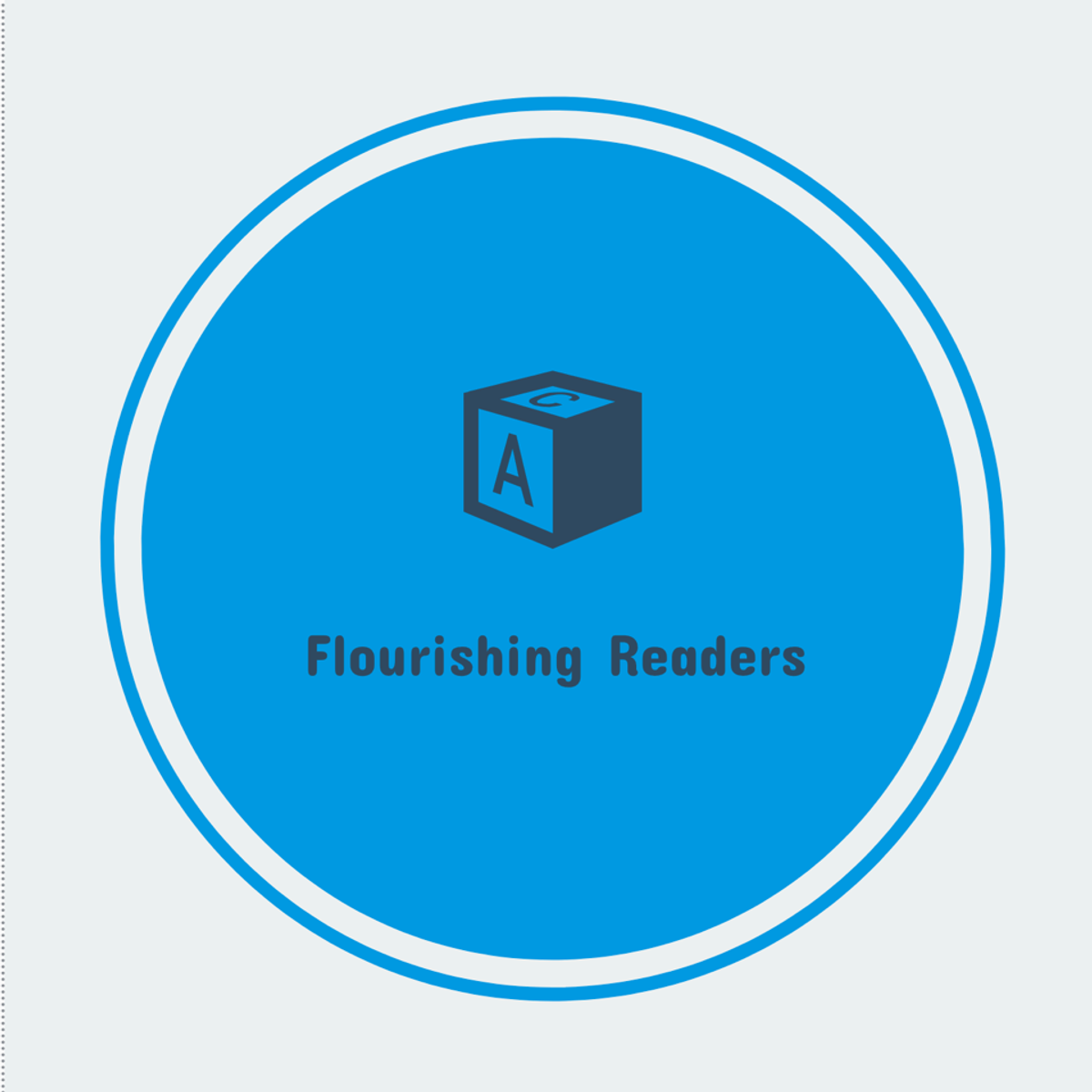
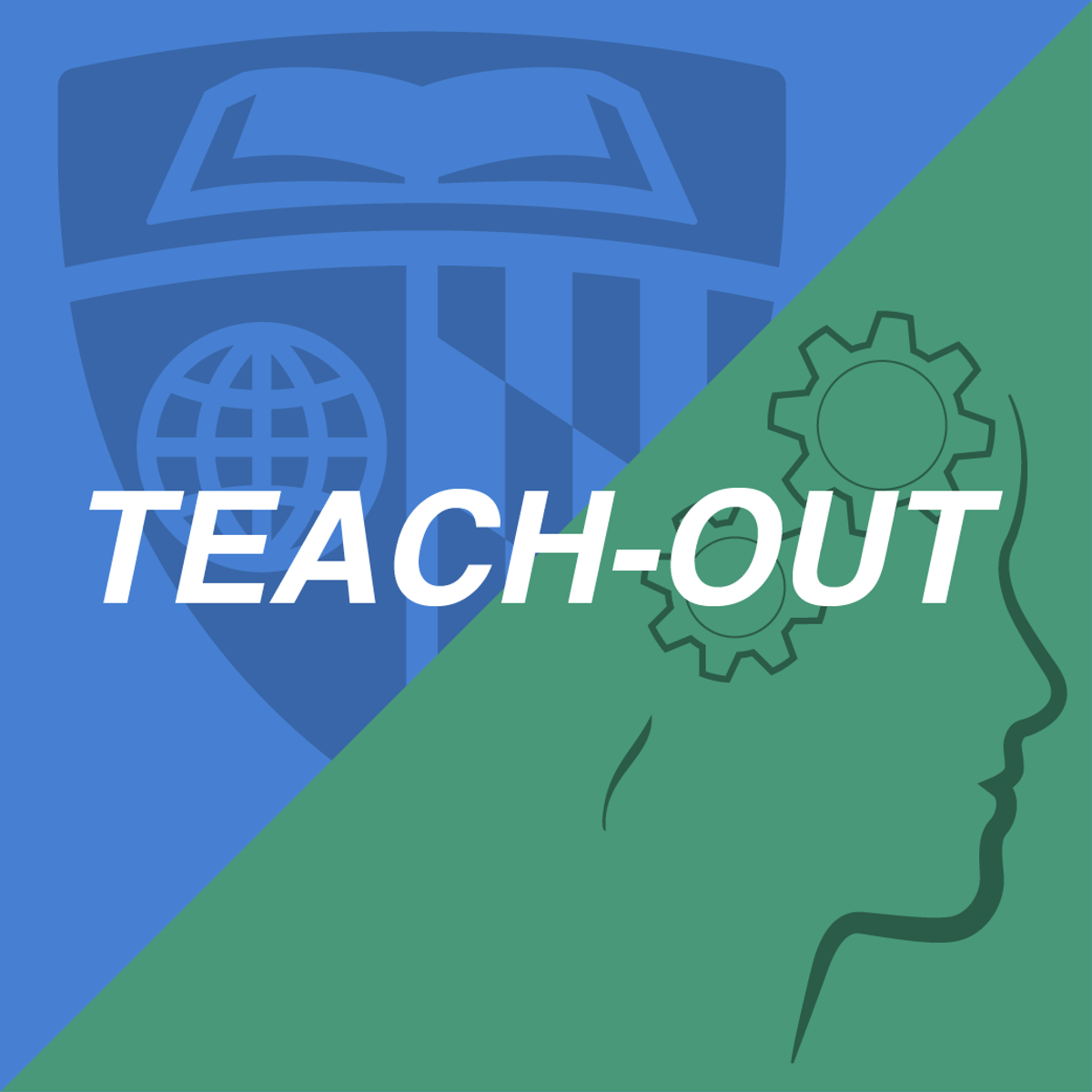

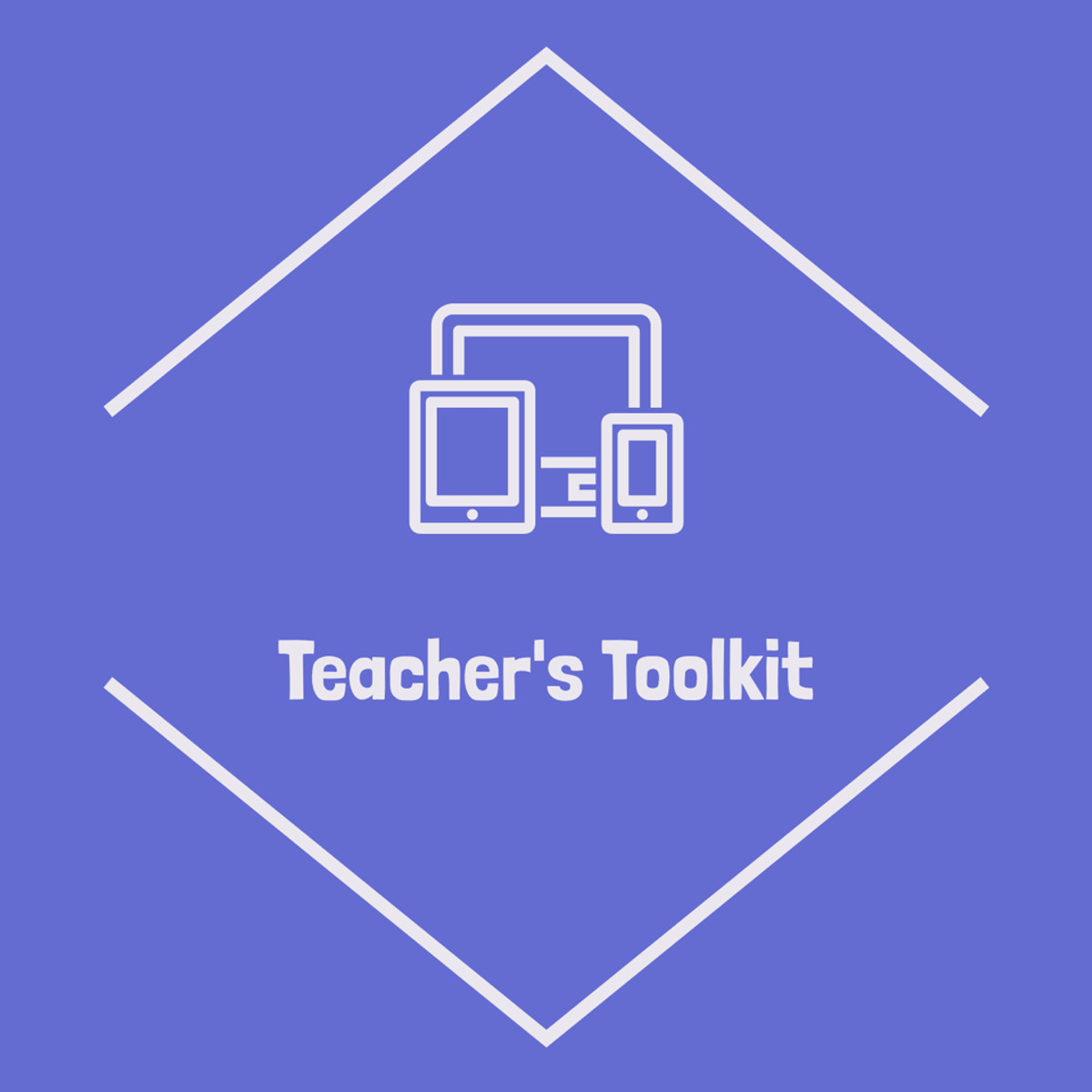

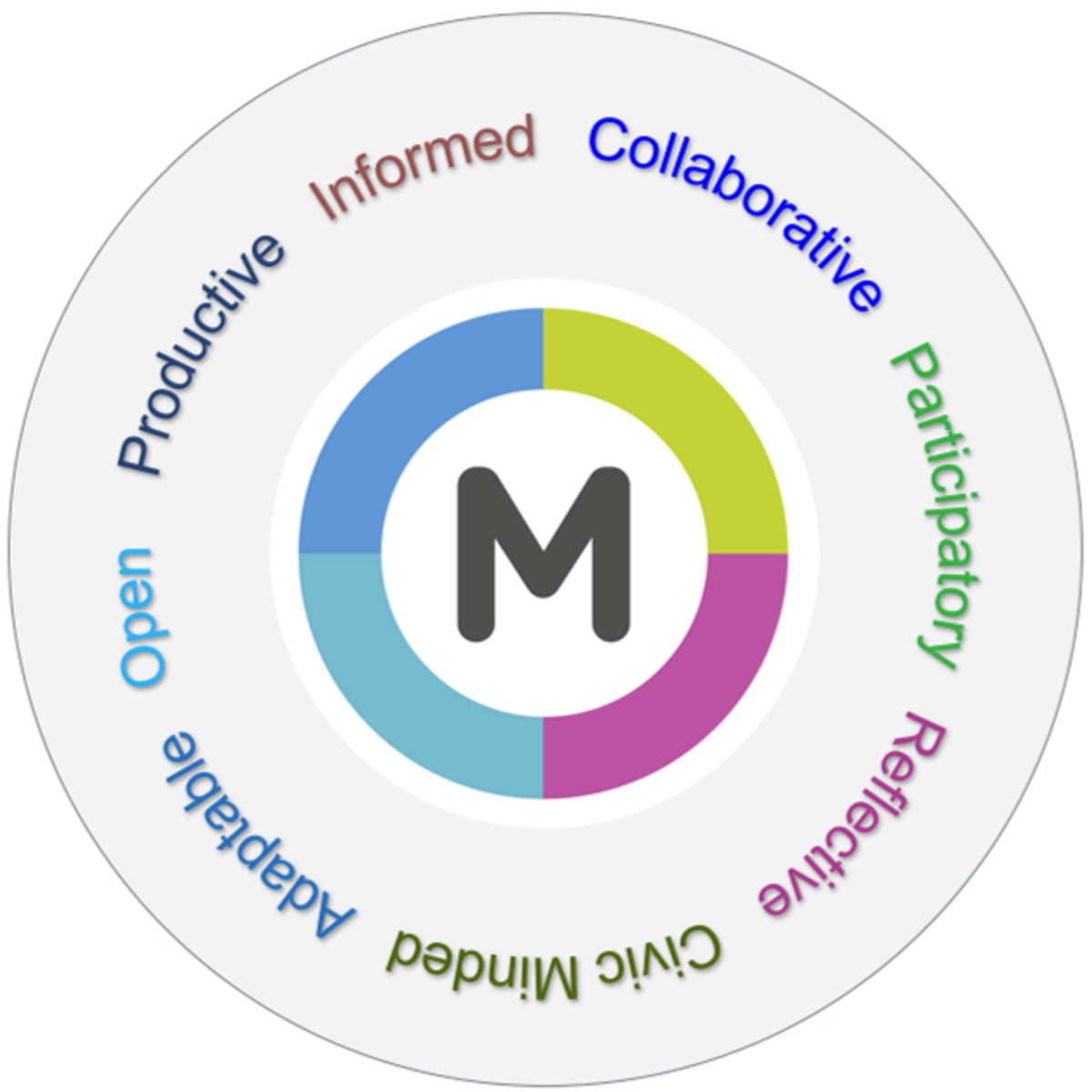
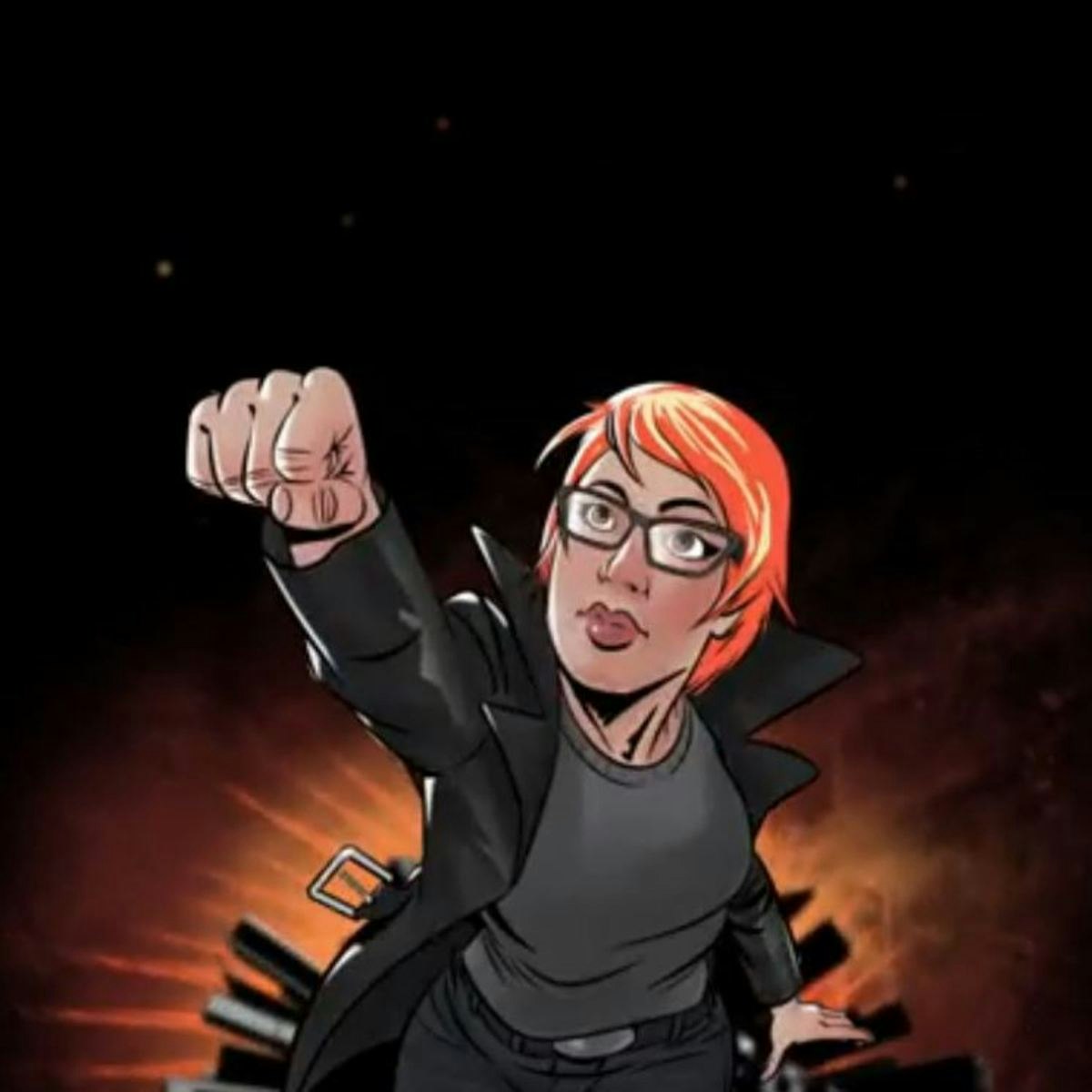
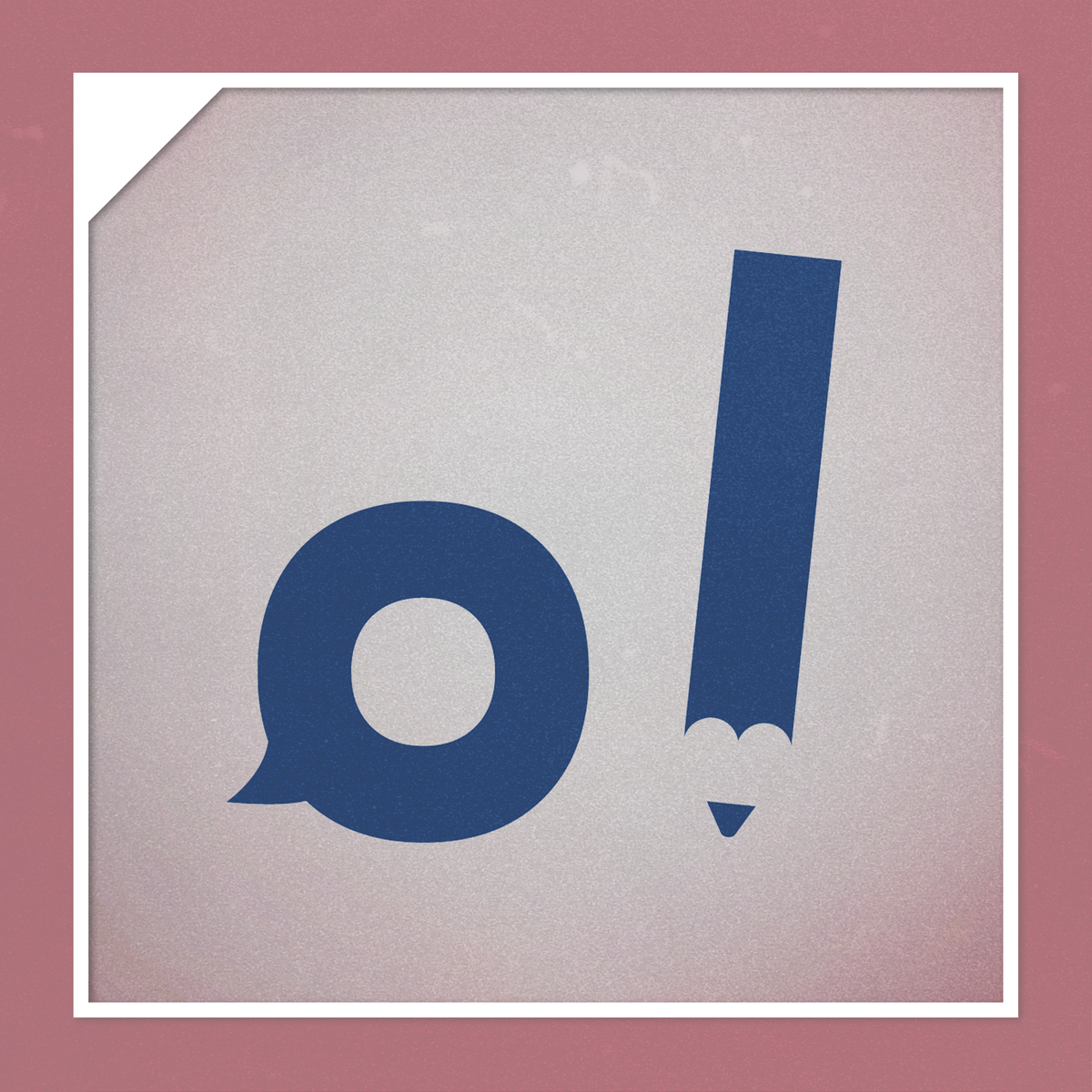
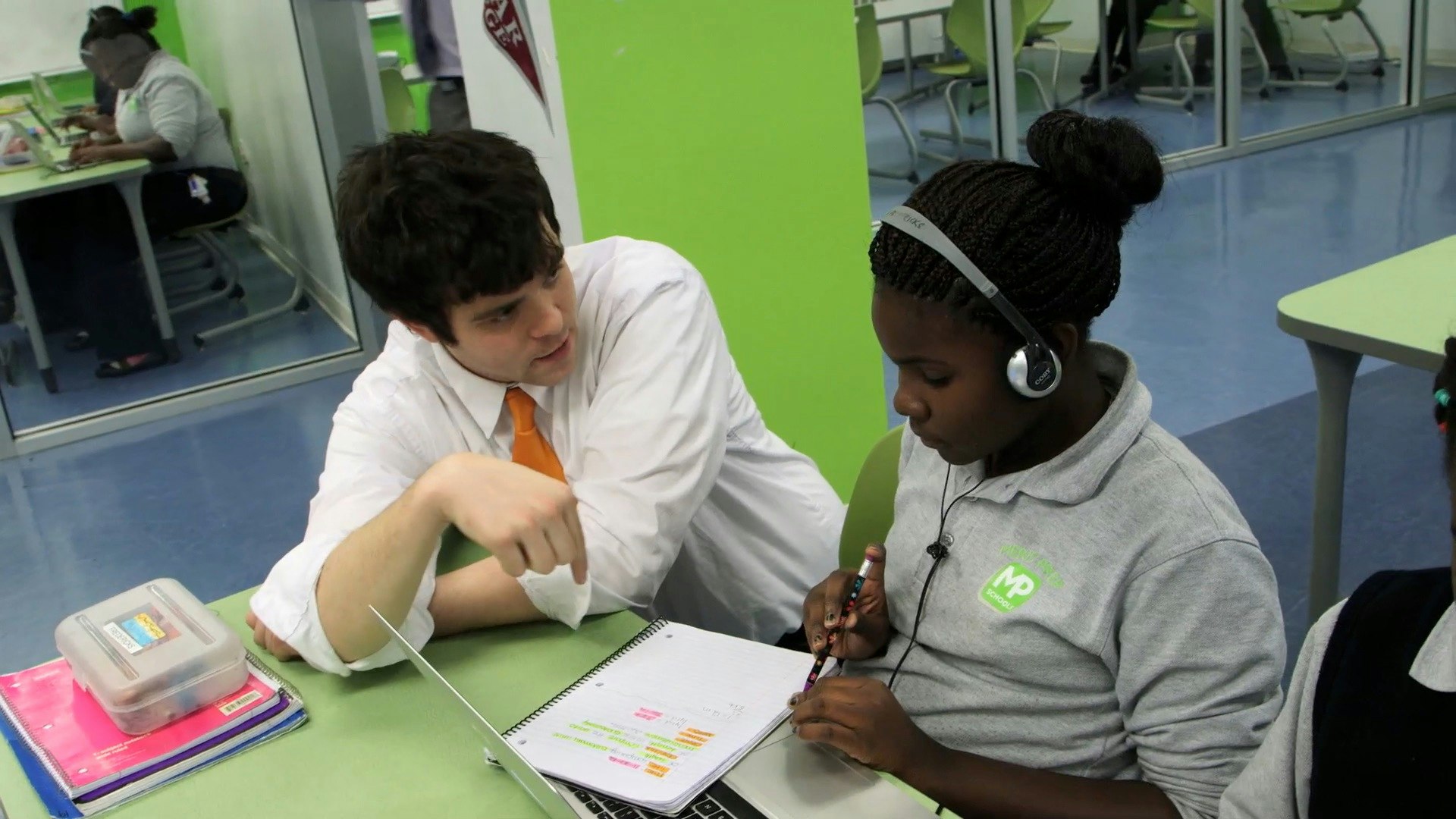

Education Courses - Page 9
Showing results 81-90 of 264

Encouraging Student Growth with Teach Your Monster to Read
By the end of this project, you will be fluent at using Teach Your Monster to Read to engage young readers and support their reading development. Young readers will travel through an interactive and engaging world as they begin with letters and sounds and complete their journey as Champion Readers. Teachers can even connect parents to student accounts so that student success can be celebrated by everyone. If you are looking for an innovative, well researched game that is guaranteed to engage young readers, you will want to become confident in using Teach Your Monster to Read with your students. Let’s get started together!
*You will need a free Teach Your Monster to Read account for this project.

Inclusive Online Teaching Teach-Out
In this course, higher education faculty will examine students’ barriers to learning, including unconscious bias, physical impairments, and lack of motivation. Participants will explore and discuss how inclusive pedagogy and Universal Design for Learning (UDL) can help to address those barriers and improve student learning outcomes.

Thinking About Care
Although all humans require care to develop and thrive, it is rarely the focus of academic studies. This course enriches learner’s understanding of this critical yet underappreciated facet of their lives by addressing such questions as: What is care? Who has traditionally provided it? How valued is care work? Does money take the care out of care work? In addition to advancing learner’s knowledge of the place of care in modern society and controversies surrounding it, Thinking About Care will give learners the opportunity to learn a strategy that surveys existing approaches to care.

Using Seesaw for Student Learning
By the end of this project, you will be fully confident in how to use Seesaw in your classroom. Seesaw is a learning journal that allows students and teachers to add student work, comment, and share this work with parents. It is a wonderful tool to celebrate student growth and daily successes! If you are looking for ways to engage your tech-savvy students, regardless of their age, Seesaw is a wonderful tool to use. As we learn together, you will set up your account and create activities you can use with your students right away! All this while ensuring that you are comfortable with each of Seesaw’s features, better preparing you to train your students with Seesaw or use it to improve your students’ virtual learning experience.
Seesaw is a learning journal that “creates a powerful learning loop between students, teachers, and families.” It allows students to capture and share what they know through Seesaw’s digital portfolio, provides insights for teachers into student thinking and progress, and provides families with a window into their child’s learning throughout the day.

Teach English Now! Theories of Second Language Acquisition
In this course learners are introduced to second or foreign language theories and practices for teaching and assessing listening, speaking, and pronunciation. Learners will also be introduced to basic studies in second language acquisition and their pedagogical implications. Teachers will be invited to recognize the importance of grounding their own teaching philosophy through an examination of purpose, content, and technique.

Empowering Yourself in a Post-Truth World
The post-truth world is a divided and partisan environment in which factual information has been displaced by subjective and biased viewpoints. Facts and expertise no longer matter when isolated communities deny truth and scientific reasoning in favor of whatever information suits their needs or aligns with their beliefs. Social media and emerging technologies have the power to connect global participants in a meaningful way; yet, they have also led to disconnected communities that fail to communicate past their own self-imposed boundaries. In this course, you will gain insights to recognize your own biases and identify preconceptions in today’s dynamic social information environment. Through metaliteracy, you will practice self-reflective, metacognitive processes and reexamine fixed mindsets. Together, we will consider the importance of facts and expertise in reinventing a truthful world based on inclusive communities of trust. This course will empower you to be a reflective consumer and a creative, responsible producer of information, and to raise and share your voice in this post-truth milieu.

Academic Skills for University Success: Capstone
This Specialization is aimed at preparing students for undergraduate study in an English-speaking university. The course equips you for full participation and engagement with your studies by building awareness and understanding of the core values and expectations of academic culture, and providing you with practical strategies to apply to your studies.
In the Capstone Project, you will apply the academic knowledge and skills you have learnt throughout courses 1-4 to research, write and present a project proposal that addresses a complex, real-world problem related to your field of interest and/or future study. After completing this course, you will be able to:
1. Apply a range of idea generation techniques
2. Apply research strategies to search, collect, select, process, and cite information
3. Use the research process to develop and critically analyse ideas
4. Apply critical thinking skills to evaluate and analyse ideas and evidence
5. Use problem-solving skills to identify gaps in knowledge and define issues
6. Develop creative and innovative solutions to real-world problems
7. Use appropriate academic genres for written texts and multi-media presentations
8. Use written and oral skills to communicate ideas effectively for academic contexts

Oralpha: Literacy for new citizens, a course for trainers
You are interested in welcoming processes of migrants and refugees? You want to dedicate yourself to teaching lamguage and literacy? The objective of this course is to get to know the simultaneous process of literacy and language learning in the host society for migrated young people and adults.
The linguistic integration is key for integration in the society. This course offers insight into international migration today and the real linguistic needs of migrated people in the countries of arrival. Furthermore, throughout the course you can learn about teaching methods and tools in language learning and literacy. The focus is on oral competencies, and processes starting from the students’ needs and difficulties them and the teaching staff are facing, implementing hands on experience and providing practical solutions supporting your class.

Blended Learning: Personalizing Education for Students
Plenty of buzz exists about blended learning and its transformational potential. But what does blended learning really mean? In this course we will explore the different models of blended learning and dive into key issues that impact students, teachers, and schools. Specifically, we will look at these issues through the lens of three high-performing schools that each use a different type of blended learning. A few of the key topics will include:
- The role of the student and how to support students in the transition from traditional to blended learning
- Implications for teachers in their day-to-day work and overall role
- Impact on the way schools are designed including staffing models, use of time, hardware/software selection, and the use of data
- Implementation challenges, potential solutions, and the remaining open questions
We will live by the attributes of blended learning in this course, encouraging students to take quizzes at the beginning of the module to assess their understanding and skip material they already know. Overall, we will take a hand-on approach and the course will culminate in participants prototyping their own blended learning model.
If you are interested in learning more about how to best leverage technology in education and rethink the way we run schools, join this MOOC and encourage your colleagues to do the same. Become a part of this growing movement and learn first-hand how blended learning can help provide students a more personalized learning experience.

Teaching Texts and Forms
The first job of any writer is to get words down on paper, and teaching writing as process helps students gain the fluency, comfort and confidence they need to succeed at any writing task. But complex, comprehensive writing tasks often bring with them specific expectations and conventions the writer must address to be successful. This course will examine some of those more comprehensive writing tasks: personal essays; argument, analysis and other forms of transactional writing; and creative writing. Learners will also identify strategies for supporting the reading/writing connection and practical assignments for engaging students in writing around texts.
Popular Internships and Jobs by Categories
Find Jobs & Internships
Browse
© 2024 BoostGrad | All rights reserved